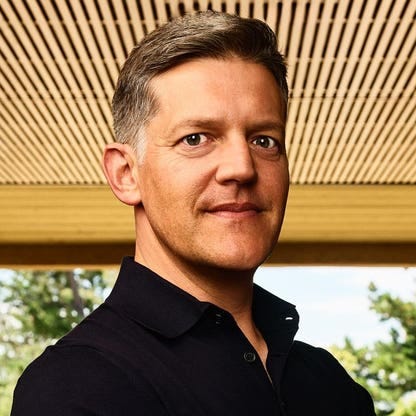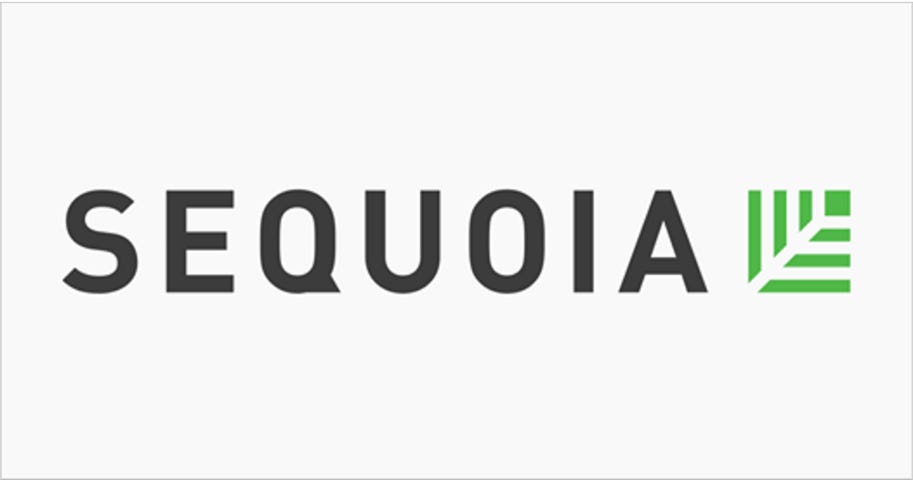Roelof Botha was born in Pretoria, South Africa, in 1973. At the age of six, he moved to Cape Town, settling in the Hout Bay area. He was the son of Dr. Roelof Botha and the grandson of Pik Botha, South Africa’s longest-serving Minister of Foreign Affairs, who later served as Minister of Mineral and Energy Affairs in Nelson Mandela’s post-apartheid government. Roelof was an exceptionally bright student, a trait he demonstrated consistently throughout his academic career. He matriculated with distinctions in all his subjects and was the top student in his province.
Although Afrikaans was his primary language at home, he chose to challenge himself by attending the University of Cape Town (UCT), where he studied actuarial science. Upon graduating in 1996, he earned a BSc in Actuarial Science, Economics, and Statistics, achieving the highest average mark in the history of the university.
After graduating, he joined McKinsey & Company in Johannesburg. At the age of 22, he qualified as a Fellow of the Faculty of Actuaries, becoming the youngest actuary in South Africa’s history. Following his stint at McKinsey, he moved to the United States to pursue an MBA at Stanford University’s Graduate School of Business, where he graduated at the top of his class. Botha initially believed an MBA would be “wasteful,” having already studied business fundamentals, but a McKinsey colleague convinced him otherwise. He was further motivated after hearing a UCT student attribute his academic success to his grandfather’s influence.
The 1998 emerging markets currency crisis severely eroded his savings, forcing him to find a way to pay rent while still at Stanford. When the third offer from PayPal came through, he accepted it, allowing him to work part-time for three months before completing his studies.
Meanwhile, Elon Musk had founded X.com to modernise outdated financial systems. His goal was to revolutionise online financial services. Coincidentally, PayPal, their competitor, was literally next door, sharing the same office in Palo Alto. PayPal, developed by Confinity under Peter Thiel and Max Levchin, competed fiercely with X.com. The two companies merged in March 2000, but the merger struggled due to misaligned synergies. Two months later, Peter Thiel stepped down as CEO. Musk took control, but his leadership style clashed with others, leading to significant conflict. Eventually, a coup was organised while Musk was on his honeymoon in September 2000. “I think it would have killed the company if Musk stayed on as CEO for six more months,” Botha later said. After Musk’s ousting, Thiel returned as CEO. Remarkably, Musk continued to support the project, accumulating shares to become the largest shareholder.
Botha was responsible for PayPal’s accounting systems, financial planning, and analysis, and he led the company through its IPO in February 2002. Shortly after, PayPal was sold to eBay for $1.5 billion in October 2002.
After the transaction, Botha received an offer to stay on as PayPal’s CFO, but he was also approached by Michael Moritz and Sequoia Capital. Moritz, who had provided Musk with financial support during his time at X.com, asked Botha to join Sequoia starting in January 2003. Botha found the offer surprising, noting, “They were looking for a computer science major hooked on product management and enterprise software, and I was an actuary running finance at a financial services company.” Nevertheless, Botha has been at Sequoia since 2003 and has since been promoted to managing partner, now overseeing Sequoia’s US and European divisions.
Sequoia Capital was founded in 1972 by Don Valentine. In 1999 the late 1990s, Valentine handed over leadership to Michael Moritz and Doug Leone. The company focuses on the technology industry, funding and assisting startups. Sequoia has a long list of successful investments, from early support of Apple in the late 1970s to more recent giants like Nvidia.



